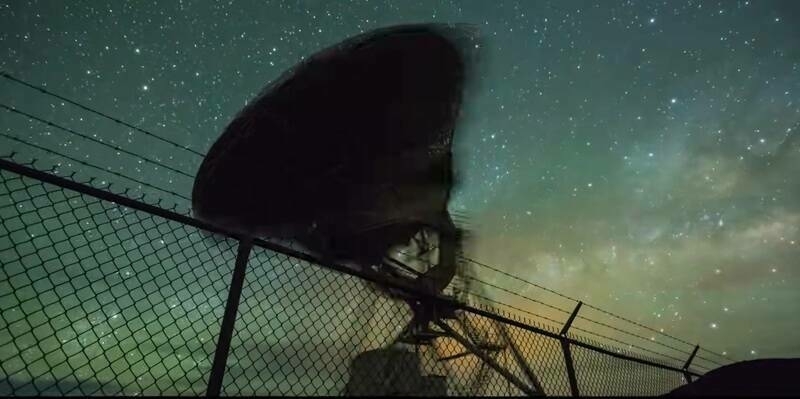The European Space Agency has deepened its relationship with its Japanese counterpart (JAXA) under a joint statement signed on 20 November.
The two agencies have worked closely together for decades, launching joint missions such as the BepiColombo mission to Mercury and the EarthCARE or Hakuryu mission to study how clouds and aerosols affect the Earth’s climate. ESA astronauts have worked alongside JAXA astronauts on the International Space Station.
The latest joint statement, signed by ESA Director General Josef Aschbacher and JAXA President Yamakawa Hiroshi in Tsukuba, Ibaraki, further strengthens this collaboration.
It commits the two agencies to accelerate a study for collaboration on ESA’s Ramses mission to the asteroid Apophis that will pass by Earth in 2029. This could potentially include providing thermal infrared images and solar array wings as well as launch opportunities.
The joint statement reinforces ESA and JAXA cooperating on the Gateway programme to create a crewed space station orbiting the Moon. It encourages the two agencies to continue collaborating to tackle climate change, while exploring space for commercial opportunities in low Earth orbit.
The new joint statement envisages the two agencies working jointly on lunar exploration, including each agency’s contribution to the Artemis programme – ESA’s Argonaut lunar cargo lander and JAXA’s pressurised lunar rover. JAXA engineers could use ESA’s recently opened lunar analogue facility to test lunar technologies on Earth. JAXA engineers coulduse ESA’s recently opened lunar analogue facility to test lunar technologies on Earth. Other possibilities include coordinating commercially provided small lunar rovers as well as the lunar polar exploration mission, and building on ESA’s Moonlight programme to create a lunar communications and navigation service by putting a commercial constellation of satellites around the Moon.
Subscribe to our newsletter
Stay updated on the latest technology, innovation product arrivals and exciting offers to your inbox.
Newsletter

TD_TDID_INTREX-800x400.jpg)